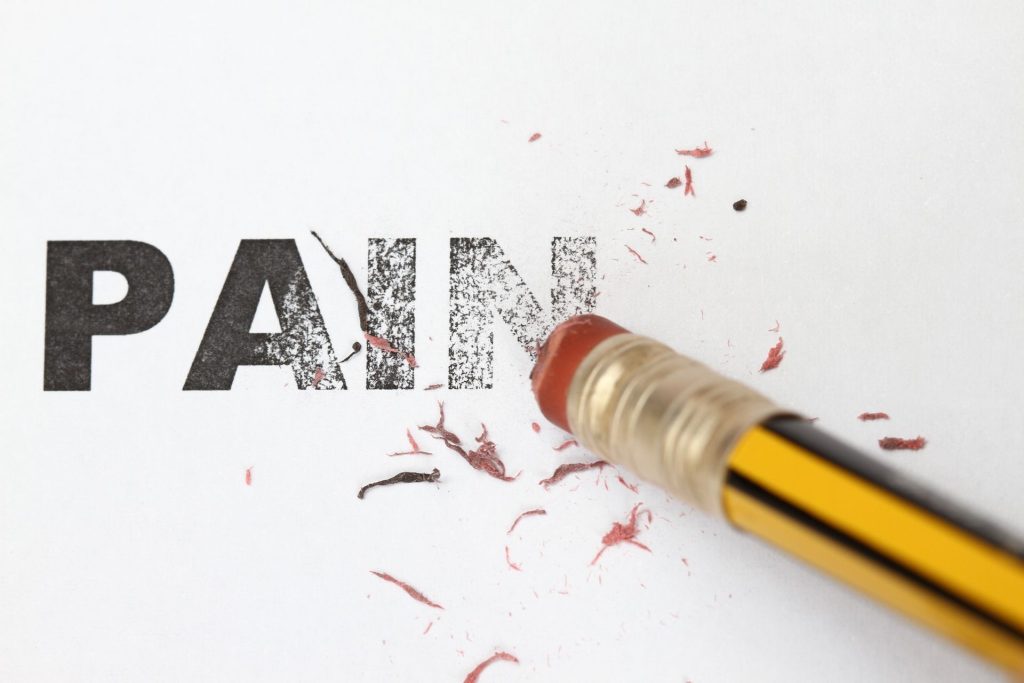
It’s common that as we grow older, our bodies will tend to develop more health issues—injuries take longer to heal, it’s easier for us to get injured, and our bodies, in general, become slower. And along with these issues, we’ll have to learn to accept living in pain. However, ageing is not the cause for pain. Pain typically results from certain parts of the body malfunctioning. And growing older doesn't mean we have to live with pain.
Acute vs Chronic Pain
Acute pain usually occurs suddenly and is caused by something specific—an injury, surgery, and even childbirth. This sharp pain acts as a warning to your body that it has been compromised and it is unwell. Acute pain doesn’t last more than six months and goes away when the underlying cause is treated.
Chronic pain, on the other hand, is pain that lasts longer than six months. It is constant and on-going. It is hard to diagnose and can be misdiagnosed. Chronic pain can include headaches, arthritis, nerve pain, back pain, cancer, and fibromyalgia. Unlike acute pain, chronic pain can continue even after the injury or illness has healed. Chronic pain can cause tense muscles, limit your ability to move around, change your appetite, and can affect you emotionally—you may experience depression, anger, and also anxiety.
Imagine what life would be like if we’d have to deal with pain as we go through daily activities, doing our favorite sport, or even just spending time with our loved ones. It would be tough to truly enjoy the moments and live a fulfilling life. However, there are many healthy habits that we can start practicing, even at an early age, to minimize health risks that can contribute to pain.
Eat a balanced diet: Moderation is key. It is important to make sure your body has the nutrients it needs to function. However, consuming an excessive amount of processed foods and sugar could lead to several health issues, including obesity and diabetes. Inflammation is one of the key causes for pain, and you’ll need to consume a healthy amount of antioxidants to keep inflammation at bay and fight oxidative stress. As you age, your bones will also lose their density, hence, you’ll need calcium to maintain good bone health.
Regular exercises: Exercising regularly—whether it’s strength training, running, swimming, yoga, or other types of sports—can help you build stronger bones and muscles which can help make you less susceptible to injuries. Exercising also releases serotonin, an important hormone that stabilizes our mood and happiness.
Maintain a healthy weight: Excess weight causes unnecessary stress on your joints, especially your legs, hips, and lower back. This could lead to a variety of issues including inflammation, damaged joints, and more. On top of having a properly balanced diet, you’ll also need to exercise regularly to help you shave off a few pounds or maintain your weight.
Get enough sleep: 睡眠对于保持身心健康很重要。当您睡觉时,您的身体会自我修复,排除毒素并恢复能量。如果您睡眠不足,它会影响您的食欲,导致您摄入更多卡路里并增加体重。1
Go for annual health checks: Don’t ignore your health issues. Get your annual health screenings and check in with your doctor so that any health problem can be identified early on before it turns into a chronic condition that can be painful in the future.
If you are looking for ways to regain your mobility and live pain free, you can try NeeFlex! NeeFlex contains a carefully-selected blend of high-quality ingredients that work together to help you maintain good joint health. This unique blend of ingredients— curcumin, black pepper, hydrolyzed collagen, moringa, cat's claw, vitamin C, and zinc-enriched yeast—help relieve joint discomfort and promote healthy bones while helping you repair and regenerate damaged tissues.
Start living a pain-free and active life with NeeFlex today! Find out more about NeeFlex di sini.
1 https://www.healthline.com/health/why-do-we-sleep#weight-maintenance